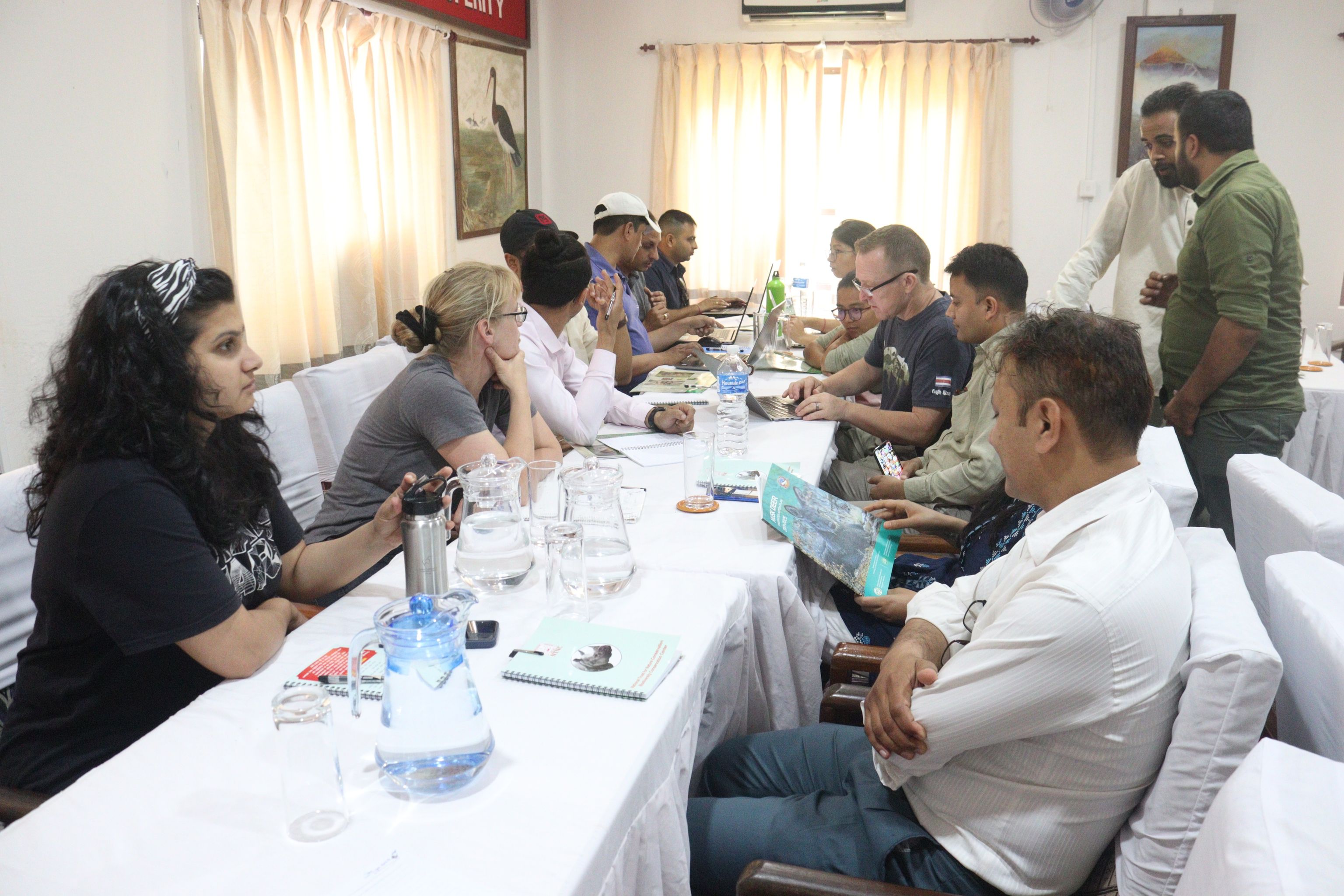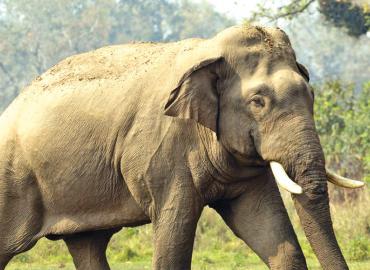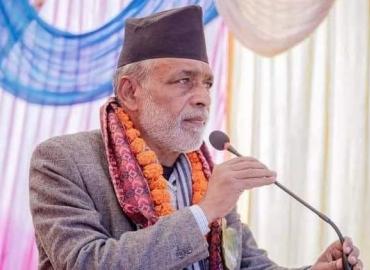Prem Prassad Bastola, Raju Jhallu Prassad
Sauraha: Nepal has launched a three-pronged action plan for the protection of the Wild Dog, which is less in number than the tiger. On the third day of the 2nd International conference on Asiatic Wild Dog (Dhole) held at Sauraha in Chitwan, the participants from Nepal presented a three-level action plan.
Ambika Prasad Khatiwada, Nepal representative of Dhole Working Group (DWG), informed that a short-term, medium-term and long-term action plan has been prepared for the protection of the endangered Wild dog and its population increase. Khatiwada informed that on Saturday, 3 countries (including Nepal) submitted their action plans after a comprehensive discussion among the campaigners involved in the conservation of 13 countries participating in the conference.
Wild dogs are found in 13 countries in Central, South, Far South and East Asia including India, China, Bangladesh, Malaysia, Indonesia, Thailand, Myanmar, Cambodia, Laos, Bhutan. But Khatiwada says that there is not much study and research on its number and condition.
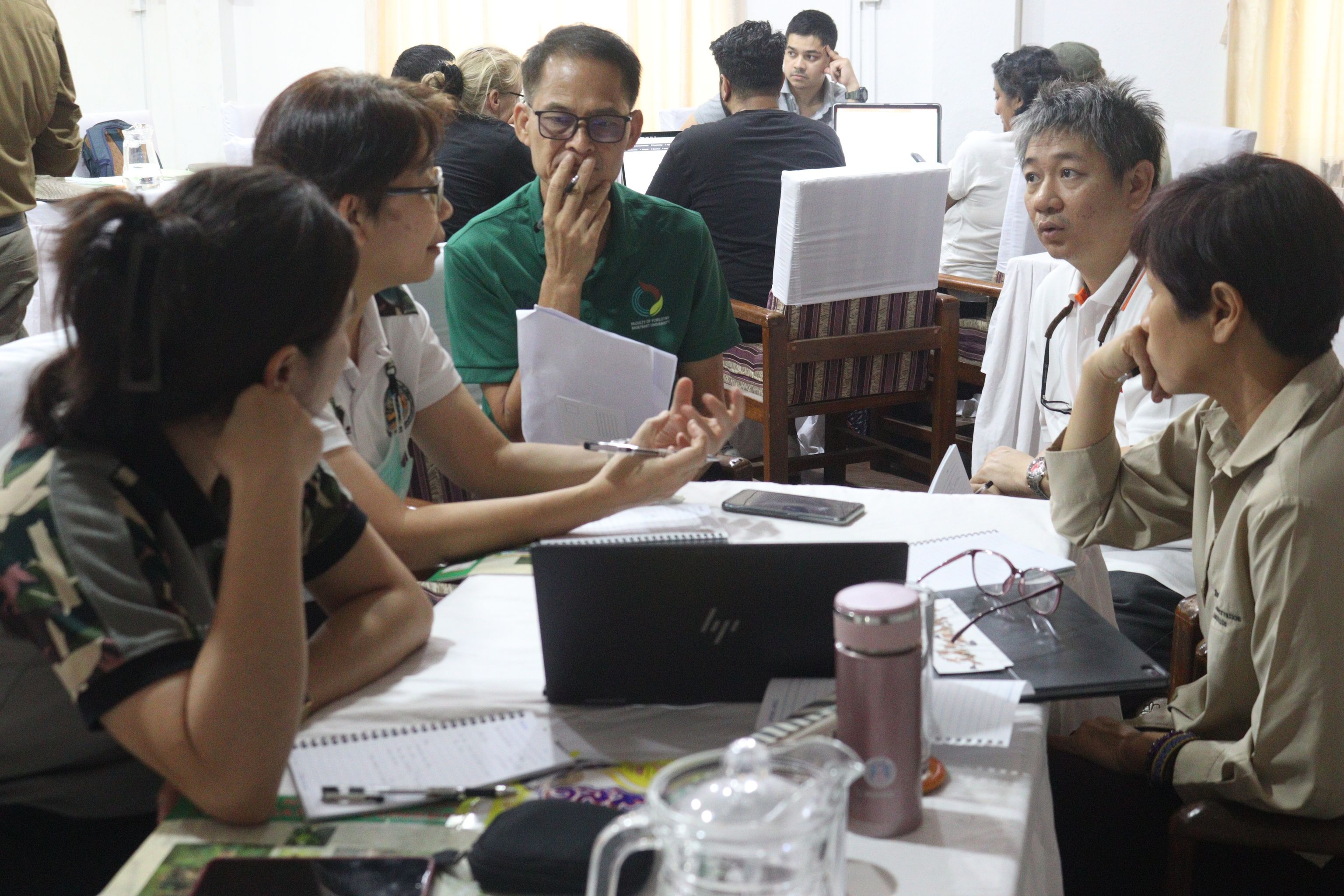
Khatiwada informed that the carnivorous Wild dog has been included in the list of rare wild animals of IUCN, an international organization working in nature conservation. Khatiwada, who is also a First Wild dog researcher of Nepal, informed that they have records of forest dogs being found in Chitwan, Parsa, Bardia, Makalu Varun National Park, Annapurna, Kanchenjunga Conservation Area, Tinjure Milke Jaljala Area, Triyuga Forest in Udaipur.
According to Khatiwada, although Wild dogs are found in ranches from the Terai to the Himalayas, there has not been enough research on their habitat, diet, behavior and population growth. Khatiwada says, 'The Wild dog has reached the point of extinction from the world. It is not possible to be certain that its number is not only in Nepal but also in the world. In this situation, Nepal cannot even determine the exact number.'
Khatiwada said that the action plan made on Saturday will be further discussed with the stakeholders and the dhol working group and then put into practice. According to him, the conference will make a clear action plan for the protection of endangered forest dogs and guide them in the right direction. Khatiwada said that the relevant agencies of the state will also be held responsible for moving forward with the upcoming action plan made through the conference by enacting laws and regulations.
On Saturday, the participating countries held a group discussion and also presented an estimate of the condition and number of Wild dogs in their country. On Saturday, the representatives of Nepal, India and Thailand presented their details and future action plans regarding Dholes.
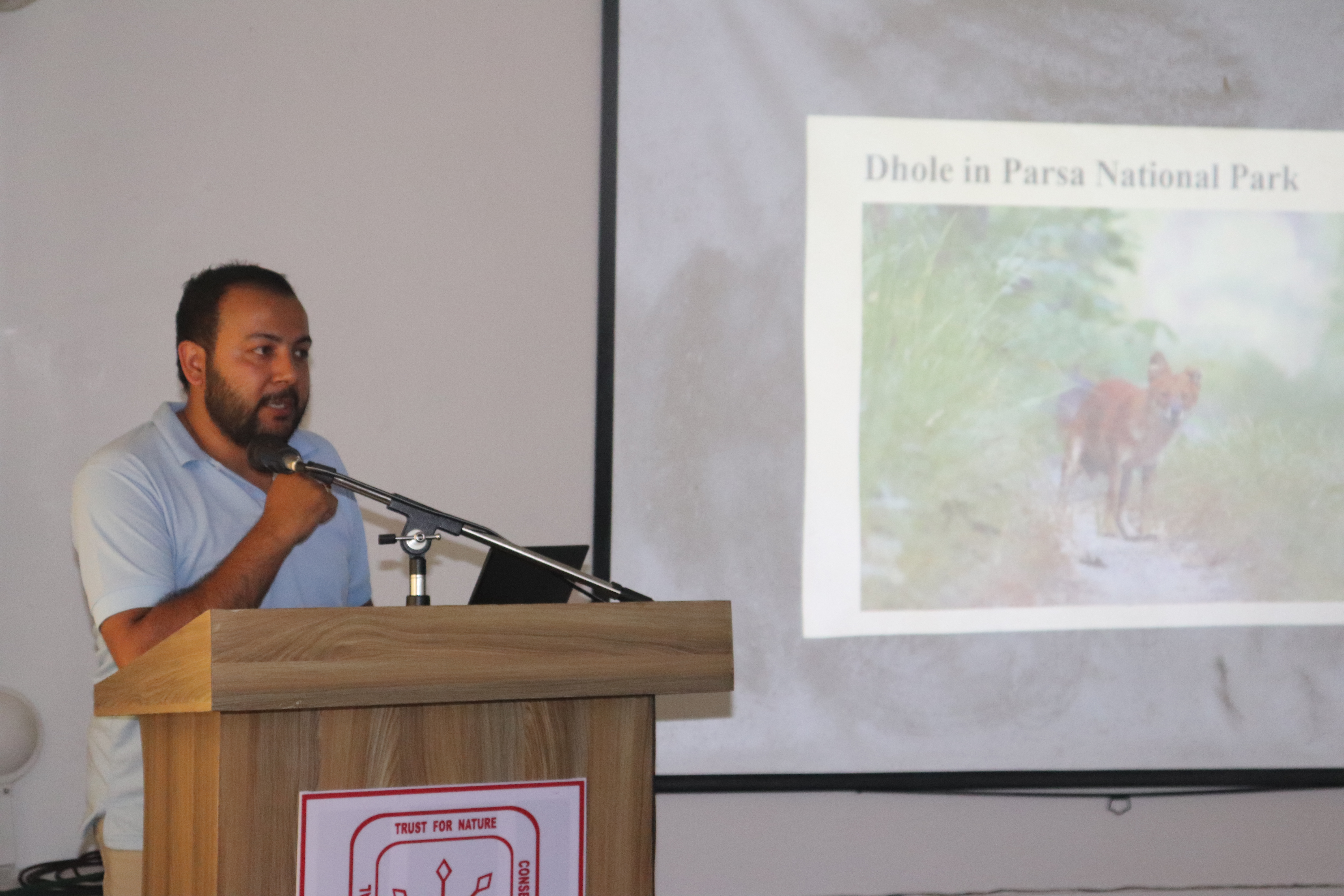
Sujan Khanal said that Nepal has presented three types of action plans: for 5 years, 15 years and 50 years. According to Khanal, the conclusion of the discussion is that there is a danger that Nepal will become extinct without making a 50-year plan for the protection of Wild dogs. Khanal claims that there is no option to protect the Wild dog, which is an endangered wild animal, as it will have a serious impact on human life if not protected.
According to Khanal, who is well-informed about Wild dogs, some people are not aware of this issue. According to Khanal, the Wild dog conference held in Nepal for the second time has made many people interested in Wild dogs.
He said that while the number of tigers in Nepal is very low, the number of tigers in Nepal has increased due to the fact that the number of tigers in Nepal has increased due to the fact that people, from citizens to state agencies and non-governmental agencies working in the field of conservation, are serious about their conservation. Khanal says that the big wild animals, tigers, rhinos and elephants are being protected. If all agencies are involved in the same way, we can be confident that there will be some changes in the increase in the number of Wild dogs in Nepal.
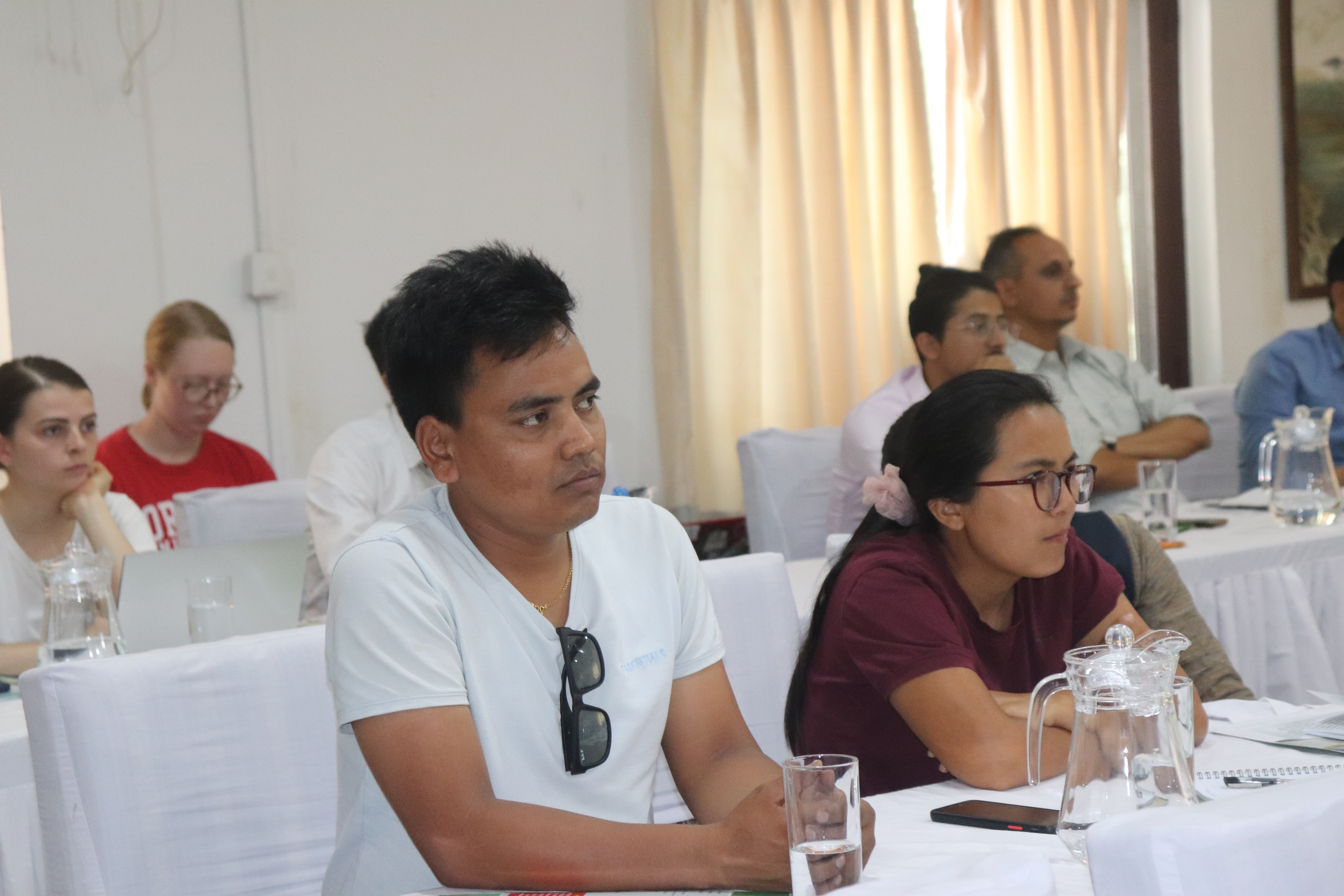
Banke ranger Navraj Shahi, who participated in the conference, said that such programs would increase the awareness of the Wild dog among the general public and encourage them to protect it. He said that he will play a positive role in taking the things that came from the conference to the implementation level.
Sabina Timsina, a ranger from the Ministry of Forests and Environment, who participated in the conference on behalf of the Bagmati government, said that the ministry is ready to move forward with the policy of protecting the endangered Wild dog. She argued that the conference worked to shock even the employees like himself who are in the policy making level at different levels of the state. The conference will last till the June 7th..

